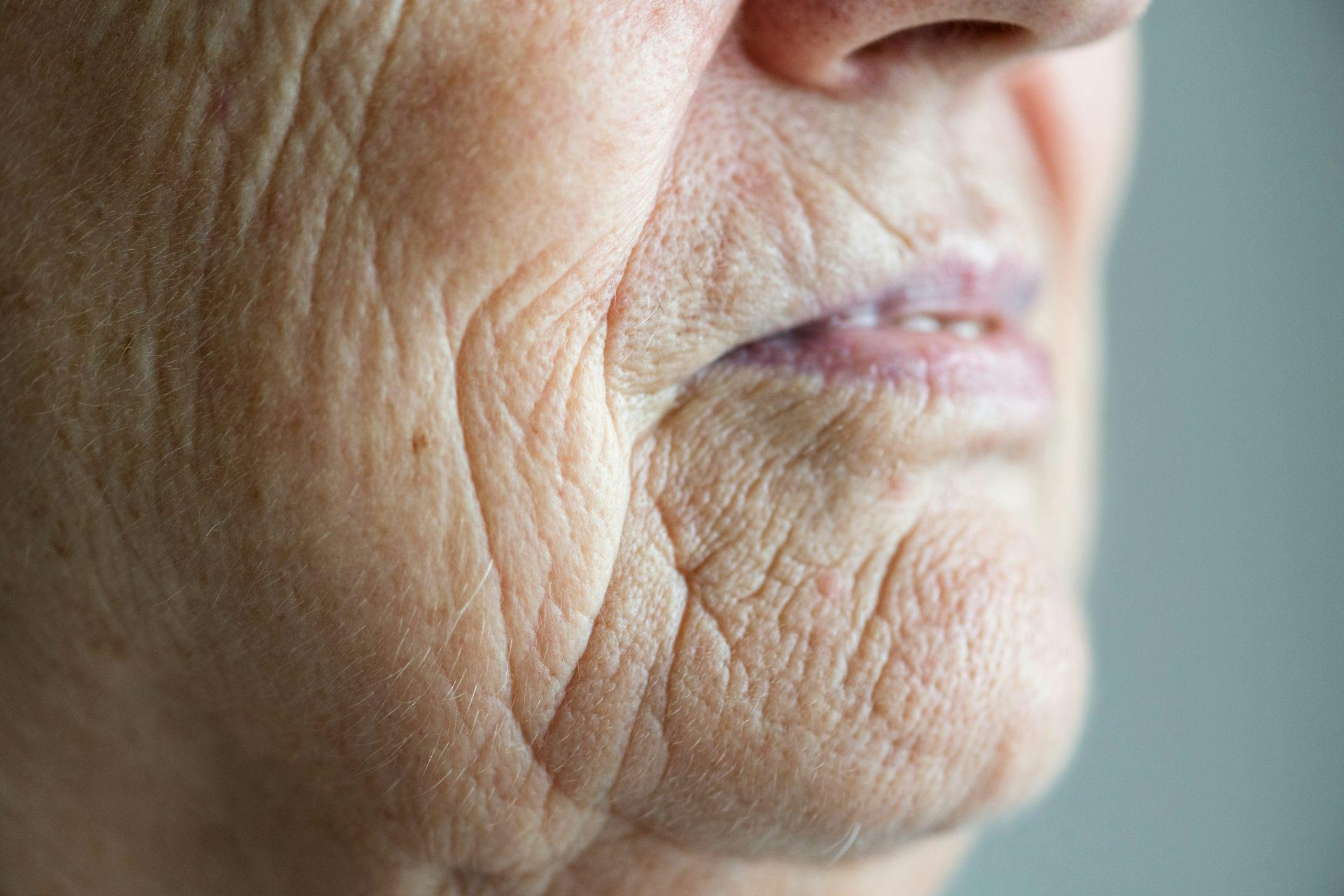
Why Aging Shouldn't Be Classified As A Disease
The new category sparked outrage and, in 2021, the WHO backed down. It replaced“old age” with the more cumbersome but less incendiary category of“ageing-associated declines in intrinsic capacities.”
The reversal dealt a blow to scientists who, for years, had fought to have institutions formally classify aging as a disease. Older age, after all, is a major predictor of hypertension, cancer and other chronic conditions. And if we delve into the biology behind this association, we'll find that the changes making us visibly“age” also make us more susceptible to those chronic conditions over time. The same cellular changes that cause wrinkles, for example, are also involved in atherosclerosis - a chronic condition that can lead to stroke and heart attacks.

The same cellular changes that cause wrinkles are also involved in atherosclerosis - a chronic condition that can lead to stroke and heart attacks. (Unsplash+/Curated Lifestyle)
With these facts in mind, it can be hard to see why we shouldn't classify aging as a disease.
And yet, there's good reason not to. Doing so risks stigmatizing older age and exacerbating ageism. Ethical concerns like these should factor into our medical classifications; in fact, they're unavoidable. To see why, we'll need to take a closer look at what it means to call anything a disease.
What we do when we classify diseasesA label is a powerful thing - the“disease” label, especially so.
Classifying anything as a disease marks it as something bad: a defect, a disorder, something we most definitely don't want.
There are plenty of legitimate reasons why something might be classified as a disease, despite the label's connotations. It may help set a clear target for medicine to cure, like distinguishing Alzheimer's disease from other causes of dementia. Or it may help find the right framing for a problem. Classifying alcoholism as a disease, for example, can clarify the fact that people's struggles with alcohol aren't owed to a lack of willpower.
Aging can be seen as a physiological testament to all the changes we go through in life. (Unsplash+/Getty Images)
But if our classification of diseases depends on our strategic aims, then by implication, they also depend on the ethical values our aims reflect.
Think of the pathologizing views of autism and ADHD that the neurodiversity movement resists. In taking neurodivergent brains to be diseased or disordered, these views implicitly brand them as defective - unfortunate deviations from the way “normal” brains are supposed to work. This results in stigma: prejudicial attitudes that take neurodivergent people to be inferior in some way.
The neurodiversity movement resists these views primarily on ethical grounds. Treating people as though they're inferior goes against the fundamental belief that, no matter our differences, we should all be able to interact as social equals. We all deserve some baseline of mutual respect.
Why aging shouldn't be classified as a diseaseWhich brings us back to aging, an incredibly complex process that influences almost every aspect of our lives. It might make us more vulnerable to some diseases, but it's more than just a health risk.
It is, in many ways, embodied biography - a physiological testament to all the changes we go through in life (anti-ageism activist Maggie Kuhn took pride in her wrinkles, seeing them as“a badge of distinction”).
Aging doesn't stop us from continuing to develop and grow. (Unsplash+/Julia Vivcharyk)
Aging is also an opportunity for us to grow. It can mean change, but change that helps keep our lives as rich and rewarding as ever. If, for example, our libidos happen to wane with age, we can often learn to appreciate and practise new ways of showing affection, exploring different touches and intimacies that make us feel even more connected with our partners.
And, contrary to stereotypes, science shows that many things can improve with age, like our emotional well-being, semantic memory and some aspects of our executive function.
There's a lot to value and celebrate about growing older.
But classifying aging as a disease would flatten all these nuances, all these gains, and frame it as a process of mere decline - one that only robs us of our health.
In an already ageist world, the consequences could be dire. Think of the people pressured out of jobs because their employers believe they're“too old,” or of the people whose medical concerns get ignored because their doctors believe their ailments are just a“natural” part of getting older. These people aren't made vulnerable because they've aged, but because of the mistaken belief that aging is a process that's worn them out.
The belief, then, stigmatizes older age. It implies that older people have“deteriorated” and, as a result, have somehow become inferior. Classifying aging as a disease would risk bolstering this harmful belief. It could cement the negative associations people already have about aging and strengthen the hold of their prejudices.
In other words, it could exacerbate ageism.
That is a strong ethical reason to not classify aging as a disease.

Legal Disclaimer:
MENAFN provides the
information “as is” without warranty of any kind. We do not accept
any responsibility or liability for the accuracy, content, images,
videos, licenses, completeness, legality, or reliability of the information
contained in this article. If you have any complaints or copyright
issues related to this article, kindly contact the provider above.


















Comments
No comment